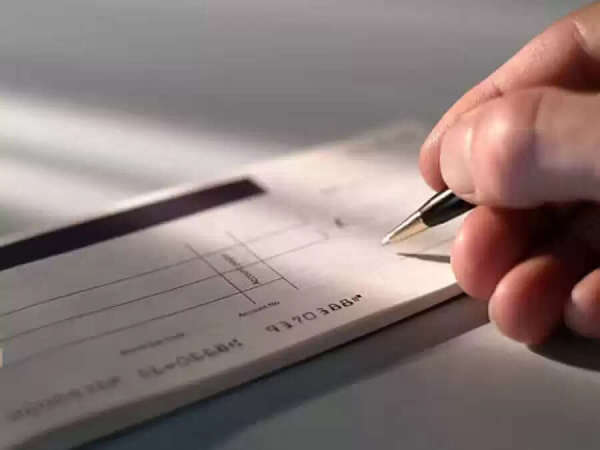
If you have a joint bank account, then it is very important to know the rules of cheque signing. According to RBI rules, a wrong signature or negligence can cause a cheque to bounce and legal troubles, and a small mistake can cause heavy losses.
Often, people open joint accounts in the bank; usually husband and wife open these accounts together. If you also have a joint account and you are issuing cheques from it without any hesitation, then be careful, in fact a small mistake can cost you a lot. Often people do not know a very important rule associated with joint accounts – and that is the rule of 'signing' the cheque. Yes, India's central bank, RBI (Reserve Bank of India) makes very clear rules in this regard. If you do not understand these rules, then your money may get stuck, the cheque may bounce and you may also have to face legal 'trouble'. Yes, do you want to know what that rule is? So come, we will know everything about it today.
If you open a joint account in the bank, then it is very important to understand how its different options work. Joint account means that it is run by two or more people together. The most common option in this is "Either or Survivor", in which any one of the two holders can sign the cheque alone and in the absence of one holder, the other takes over the entire operation. Whereas in "Former or Survivor" only the first named person gets the authority and in his absence the other takes over. In "Jointly"**, signatures of all the holders are necessary, whereas in "Jointly or Survivor" joint signatures have to be made in presence of all, but in the absence of one holder, the remaining one can run the account.
According to RBI rules, whose signature will be on the cheque in a joint account, it completely depends on the Mode of Operation of the account. Yes, if your account is "Either or Survivor" then either of the two persons can sign the cheque and it will be valid, provided the signature matches with the sample deposited in the bank. Whereas if the account is "Former or Survivor" then only the first named person has the right to sign. The cheque may bounce if the wrong signature is given.
Apart from this, if your account is "Jointly", then it is very important that all the joint account holders have their signatures on the cheque. If your joint account is of two people, then signatures of both are required. If it is of three people, then signatures of all three will be required. If even one signature is not enough, then your cheque will be returned and this can become a 'disaster'.
If the signature on your cheque is not according to the mode of operation of your account or it does not match with your sample signature recorded in the bank, then the bank will not pass it. In such an account, especially if the signature on your cheque does not match with the sample signature recorded in the bank or is not correct according to the mode of operation of the account, then the bank immediately rejects that cheque. In such a situation, the bank charges you a penalty, which can range from a few hundred to a thousand rupees.
This news is very important for those people who have a joint account in the bank. So often people sign the cheque without checking the mode of operation of the account and later get into trouble. In such a situation, if your account is in “Jointly” mode, then the signatures of all the account holders are necessary on every cheque. In such a situation, even a single signature is missed, the cheque can be rejected or the risk of fraud increases, so immediately confirm your mode of operation by looking at the bank statement or passbook.
A joint account can be a great tool for financial planning, but it is very important to understand the responsibilities associated with it and the rules of RBI. Yes, this small rule of signing a cheque can save you from big legal and financial troubles. A little caution and correct information will keep you away from any future 'trouble'. So the next time you issue a cheque from a joint account, remember these rules and always be alert. (Note: The news is based on general information, contact the bank for more information)